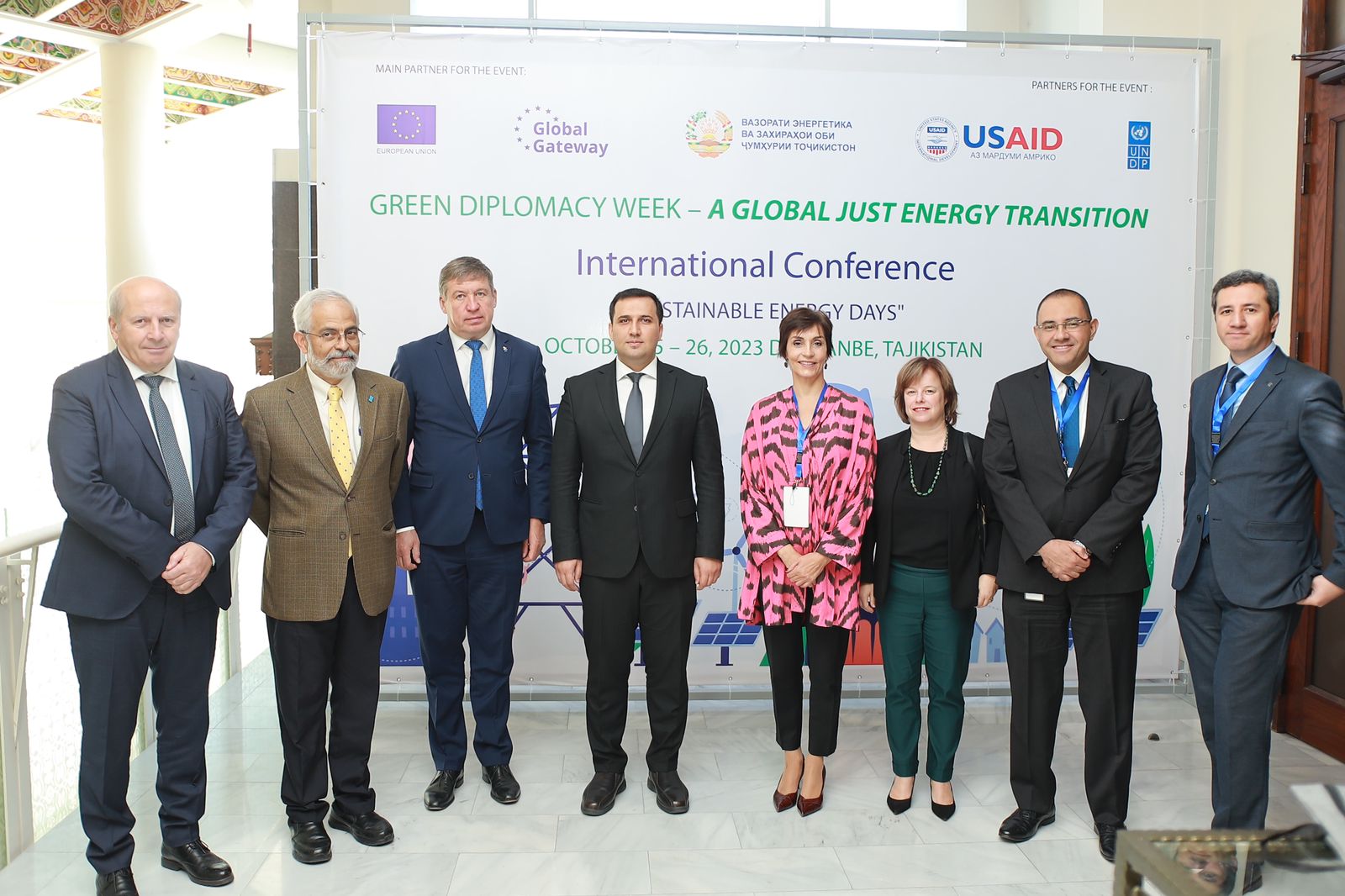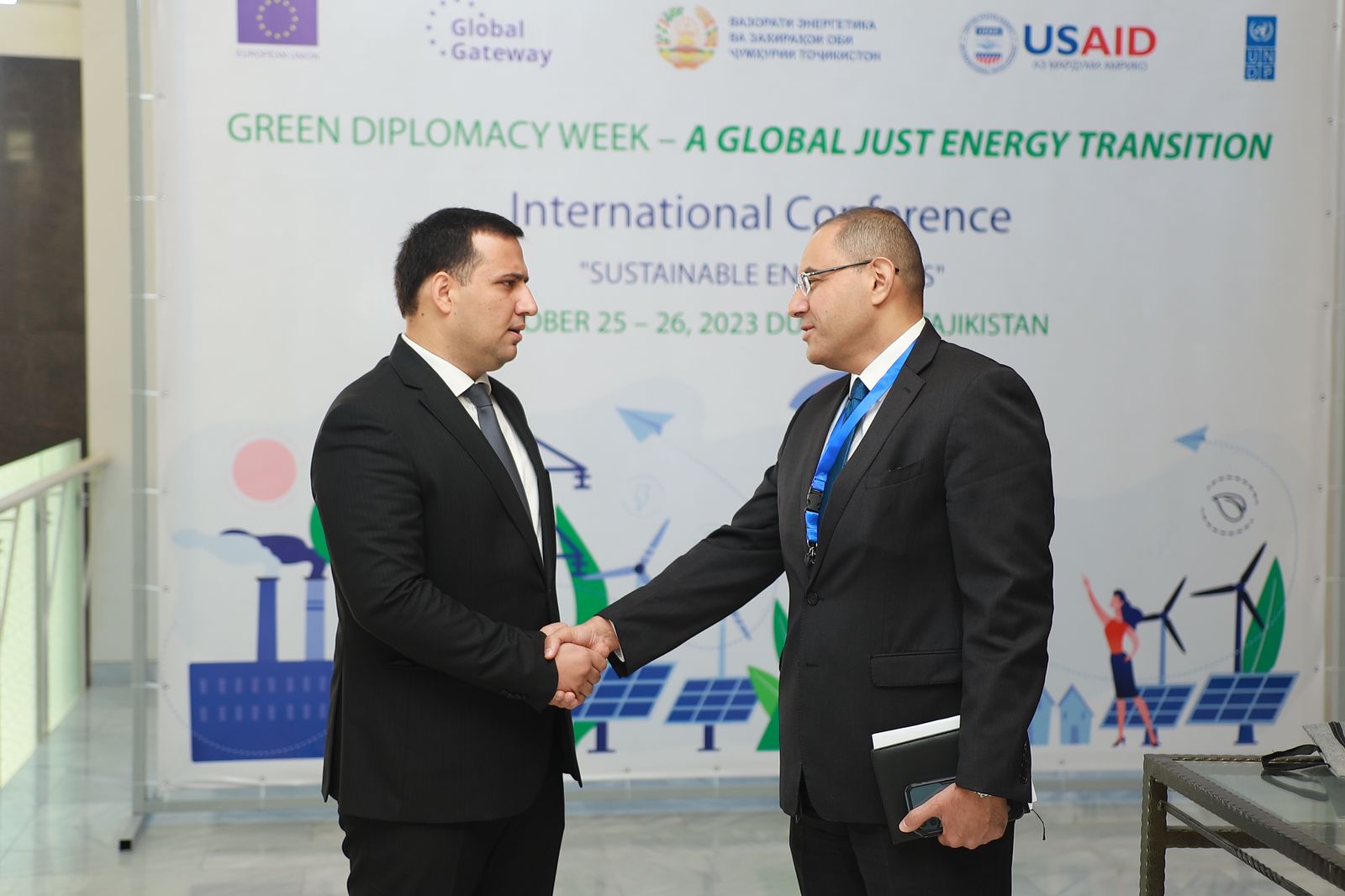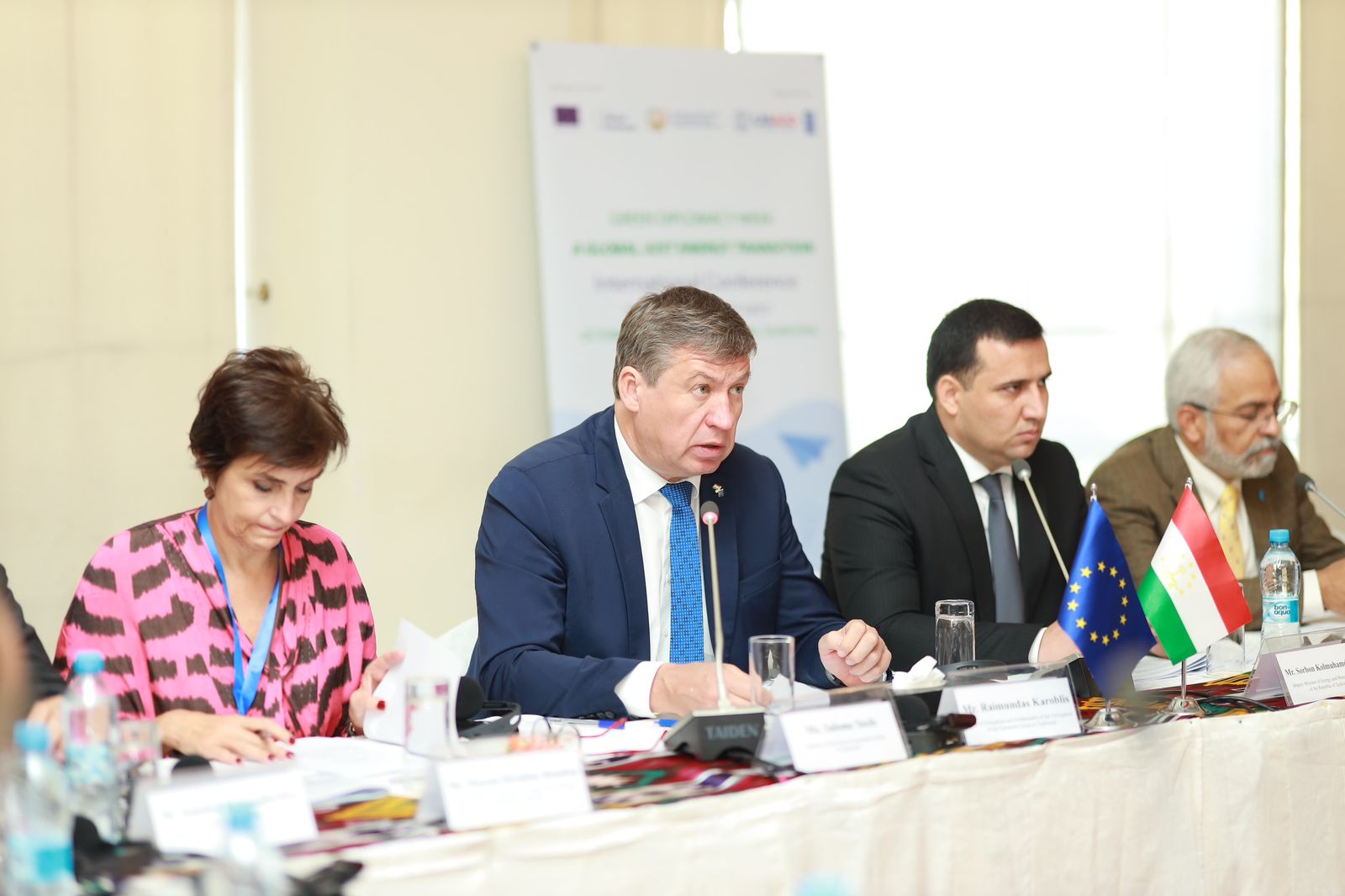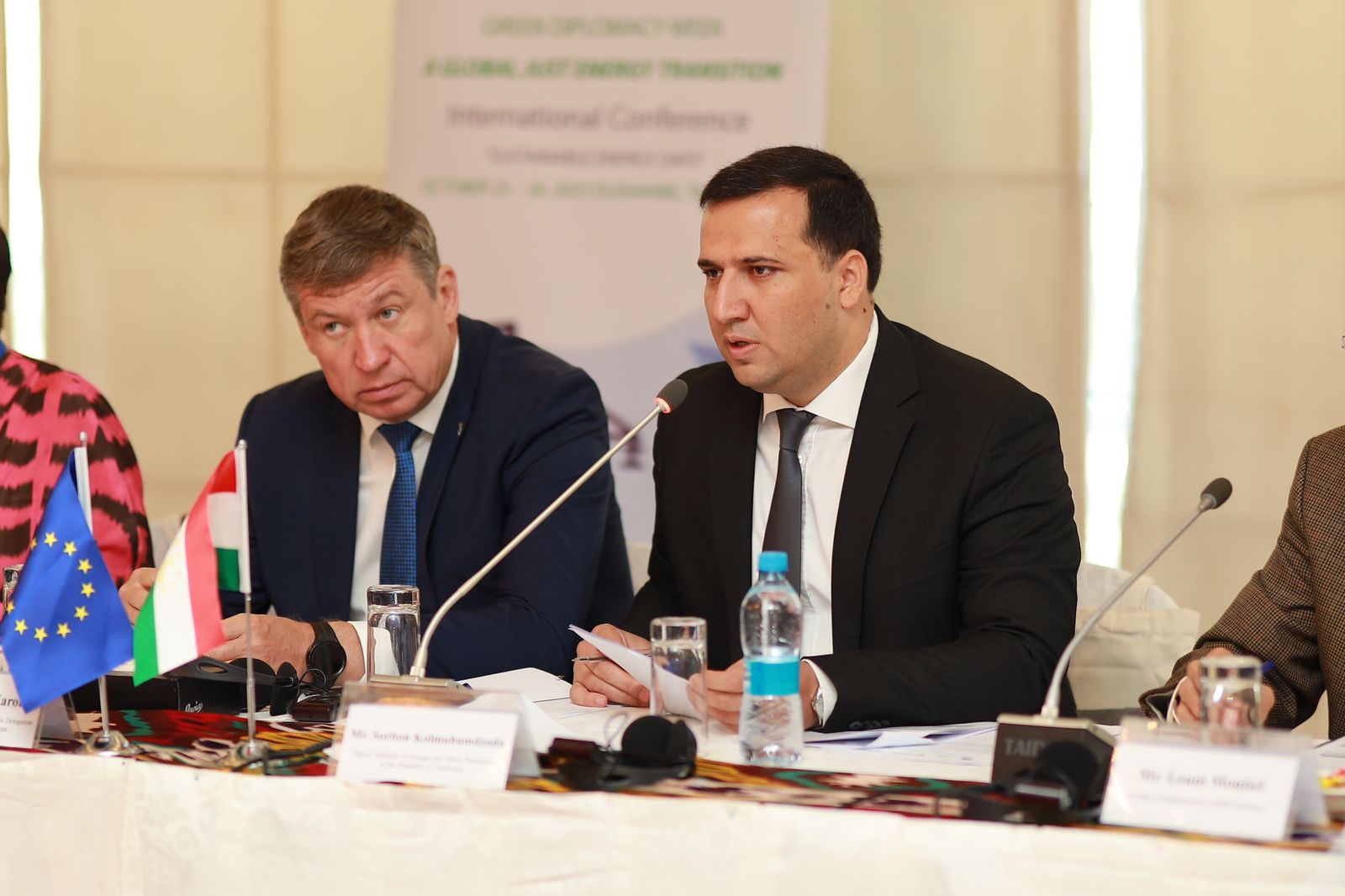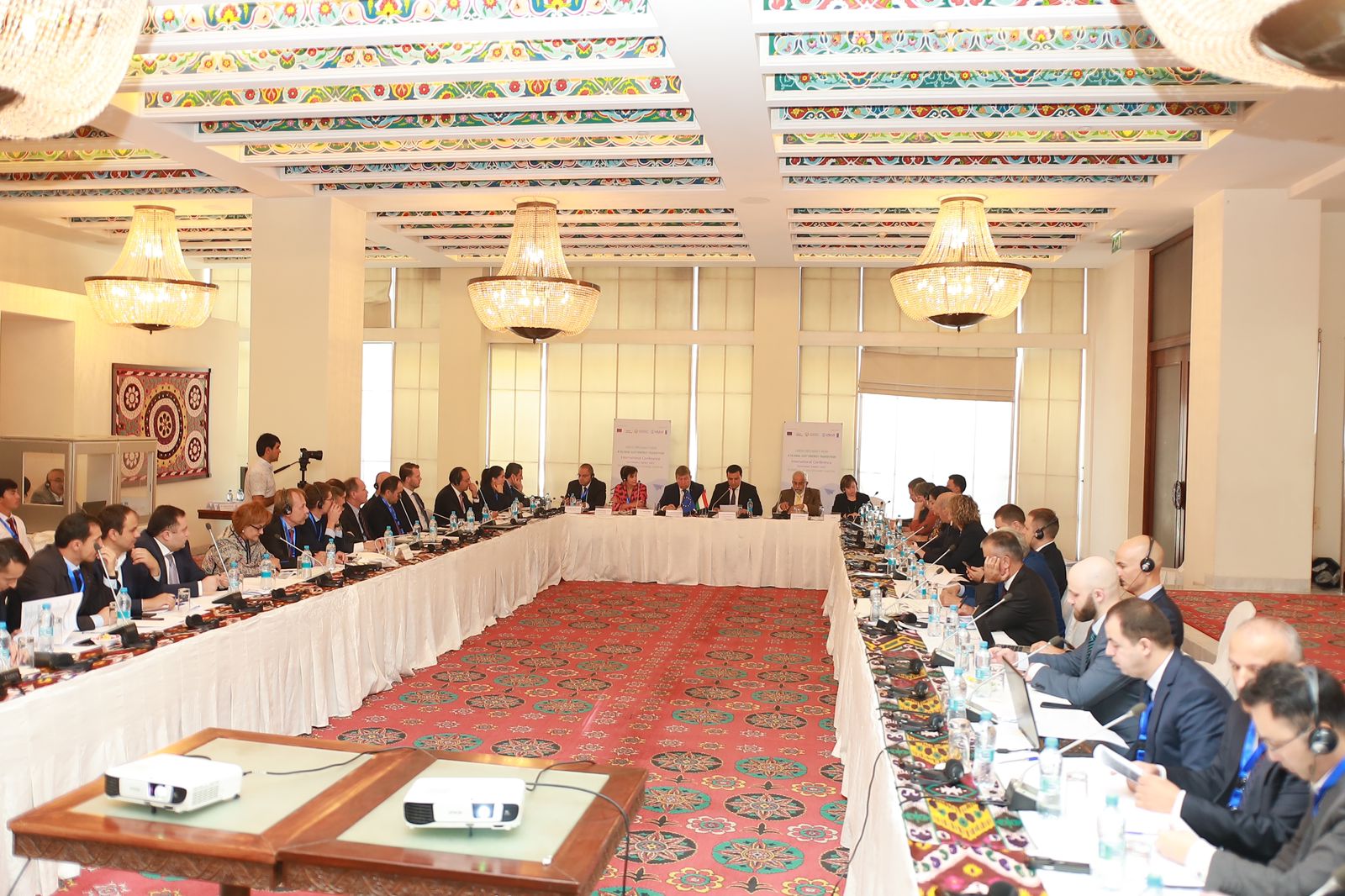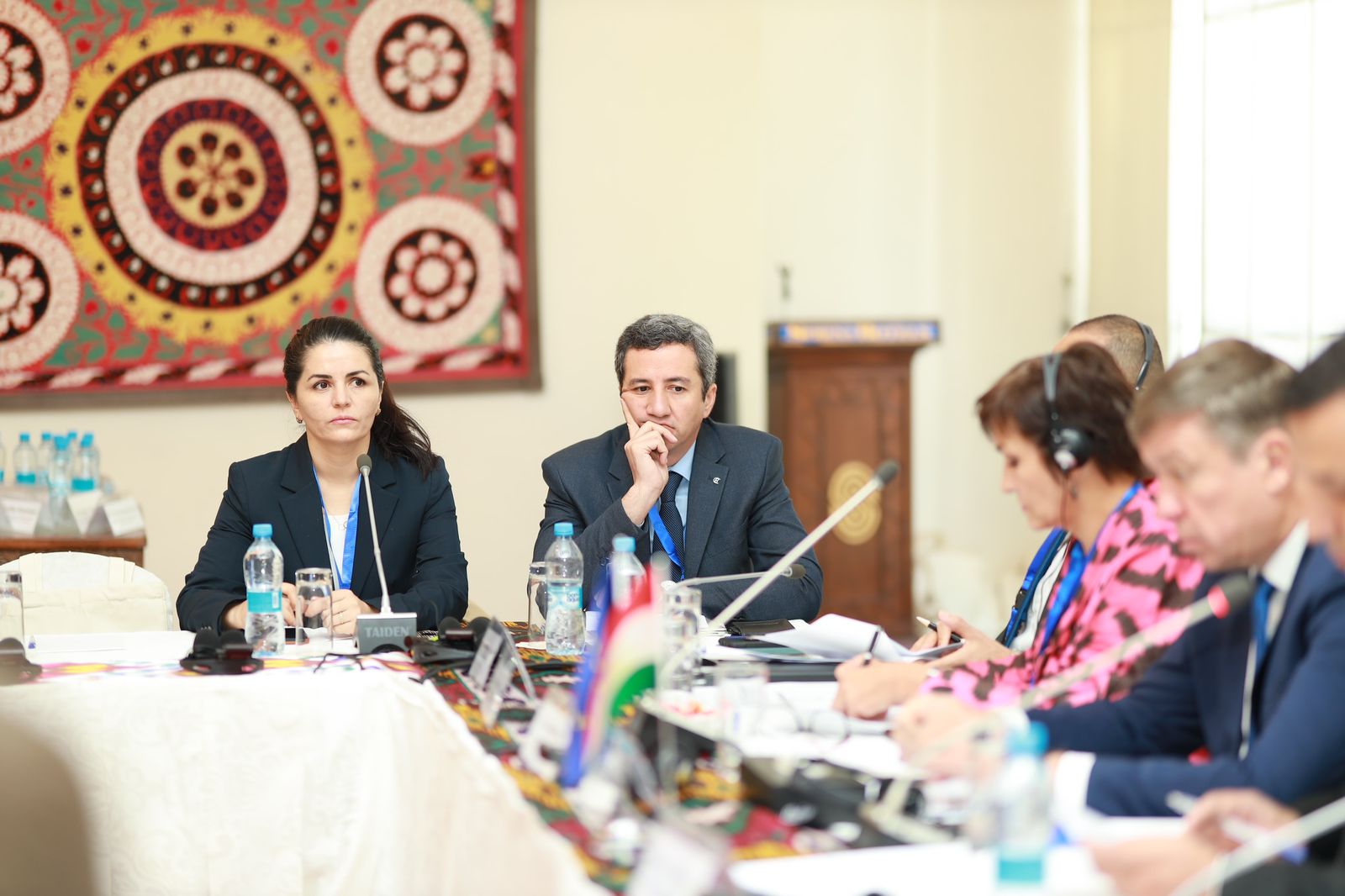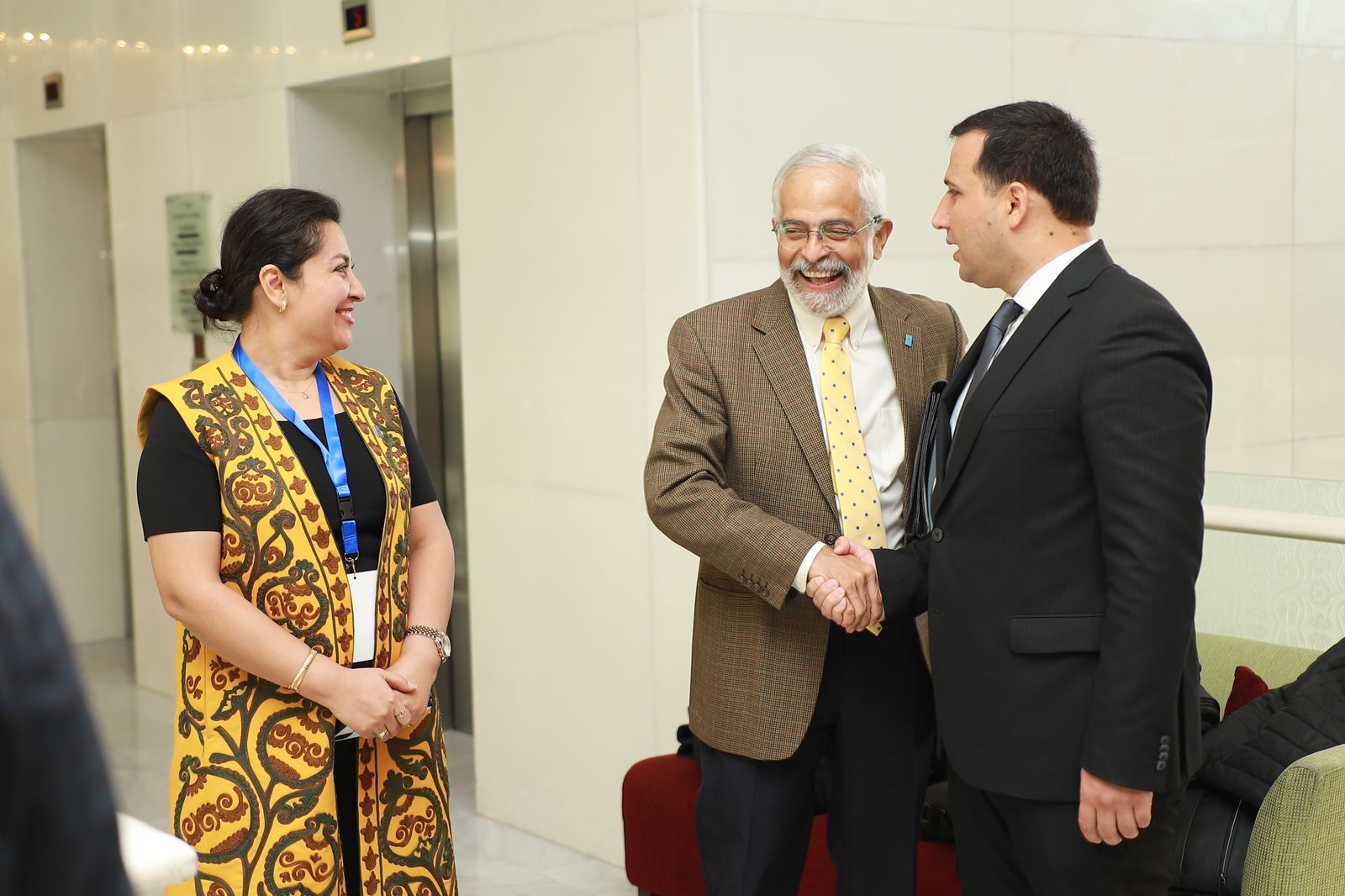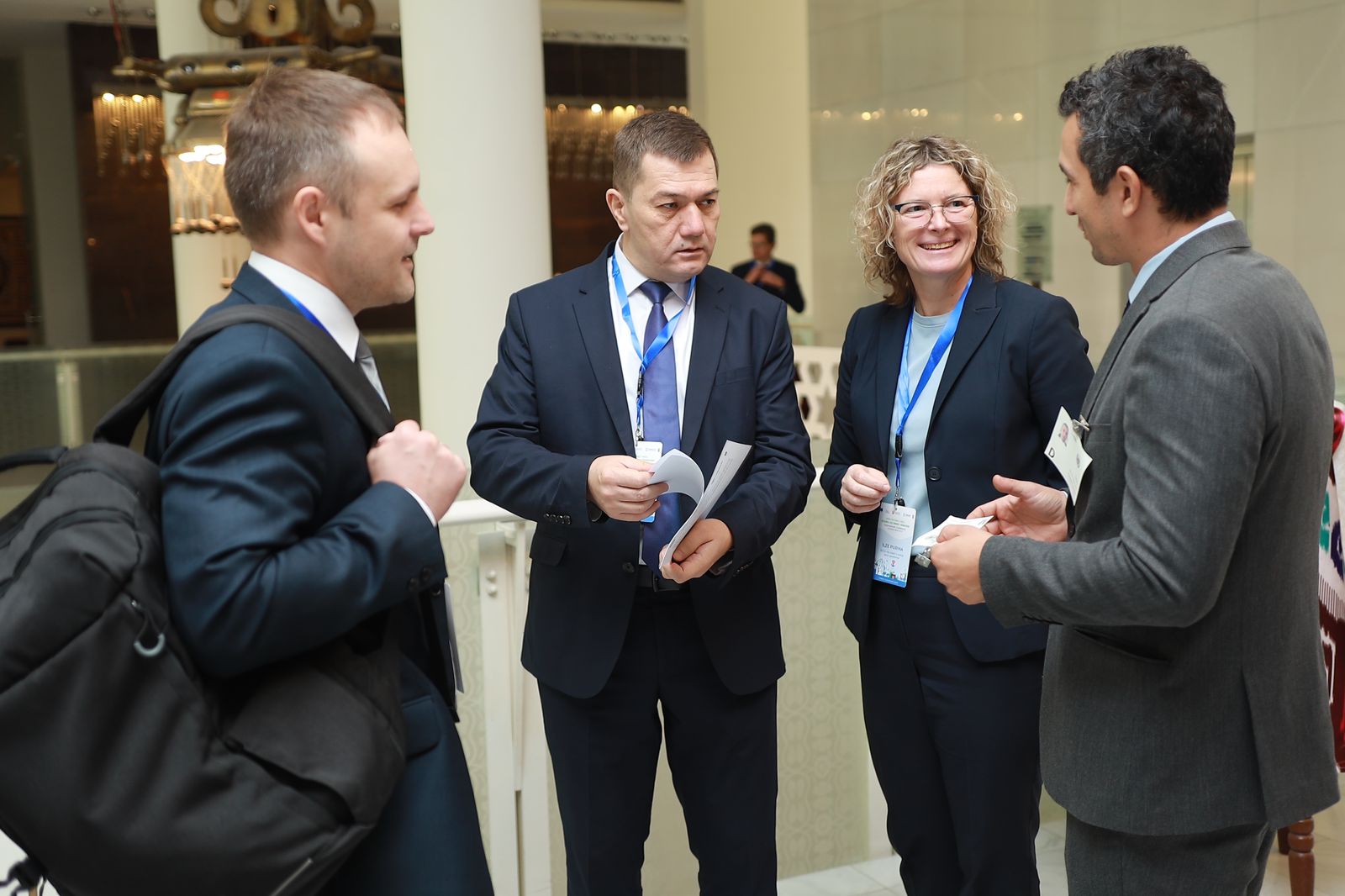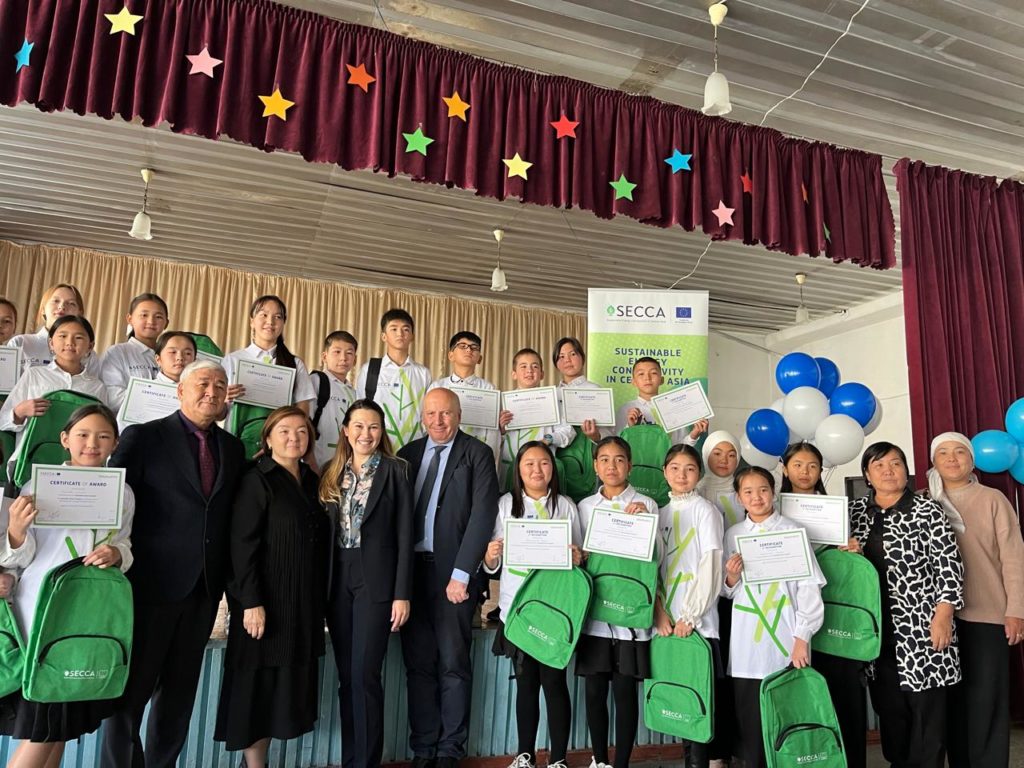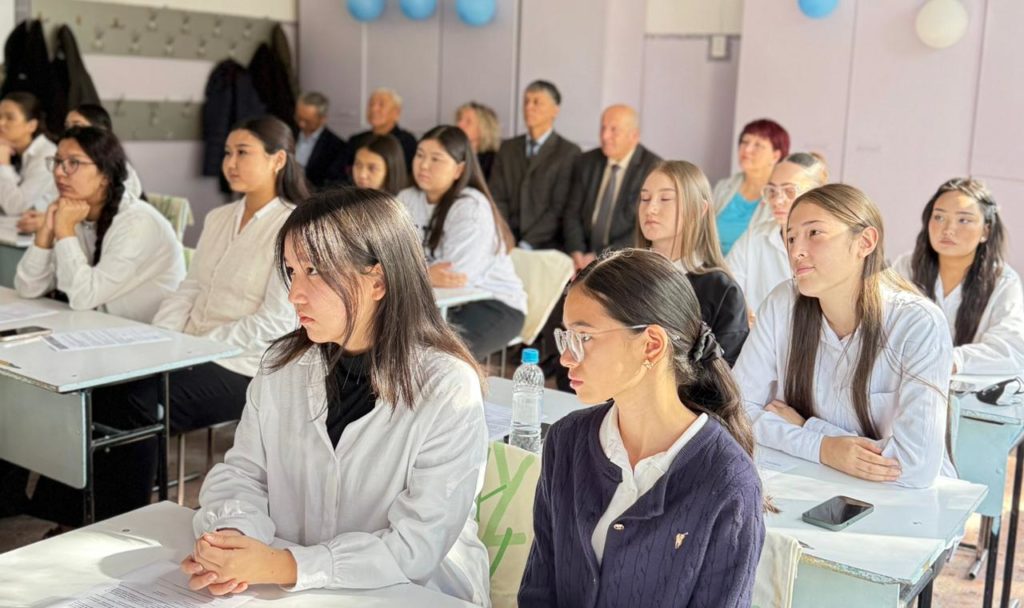Dushanbe, Tajikistan – Energy security is a national priority of Tajikistan. Although the country is endowed with abundant water resources, its hydropower has a clear seasonality with supply shortages happening frequently in winter months. Hence, energy policy focuses on providing uninterrupted energy access to all users, improving regional cooperation and energy efficiency (EE), as well as diversifying energy sources.
Improved EE and diversified supply from renewables (solar and wind), as envisaged by the National Development Strategy of the Republic of Tajikistan for the period up to 2030, will have many benefits for the country’s socio-economic development and the environment. Besides reducing reliance on fuel imports to address growing energy demand and supply shocks, the development of the sustainable energy sector will help mitigate negative effects of climate change and reduce emissions that are harmful to human health and the environment, cut costs, and create new jobs and economic opportunities for the population and the industry.
Scaling up EE in municipal water and wastewater services, as well as improving energy and water use in irrigation are equally important aspects to address in the country. Sector governance issues, knowledge gaps and financing obstacles are challenges that calls for developing and implementing cross-sectoral policies and strategies, promoting policy coherence between energy, water and key related areas.
Against this background, the Ministry of Energy and Water Resources of the Republic of Tajikistan and the EU organised the International Conference “Energy Efficiency in Tajikistan: prospects and challenges” (Conference) on 25-26 October in Dushanbe. The conference took place in the context of the EU’s Green Diplomacy Week and EU–Tajikistan Sustainable Energy Days 2023 campaigns. More than 90 stakeholders, energy policymakers and professionals, representatives of academia and civil society from the Republic of Tajikistan and the European Union (EU), as well as international organisations and international financial institutions gathered to share experiences and best practices in the implementation of energy efficiency (EE) policies based on lessons learned by EU Member States (EU MSs) and Energy Community Contracting Parties (EnC CPs).
Addressing the participants of the Conference, H.E. Mr Raimundas Karoblis, EU Ambassador to Tajikistan, stated: “The European Union commends Tajikistan’s efforts in pursuing ambitious energy sector reforms and welcomes the country’s endeavours to promote energy efficiency and scale up renewable energy. The 2030 National Development Strategy sets clear goals and plays a pivotal role in the country’s desired level of sustainable economic development and improved standards of living of the population. We encourage Tajikistan to continue its efforts on achieving steady and inclusive green growth. The EU will continue supporting a just energy transition in Tajikistan and the whole Central Asian region.”
Currently, Tajikistan is at the stage of designing policies and implementation mechanisms to promote end-use EE, i.e. efficient energy use by various end-use sectors like residential, commercial, industrial, and transportation with less energy input, reduced wasted energy and costs. Therefore, now is the right time to identify the way forward with key national stakeholders, international donors, and other partners and to seize the opportunity to integrate lessons learned and experiences gained in the EU MSs and EnC CPs into the further process of sustainable energy policy development in Tajikistan.
During the Conference, the delegates discussed the design and implementation of EE policies and reviewed the EU experience in promoting end-use EE, eco-design and energy labelling of electric appliances, as well as the EU approach to the promotion of EE in buildings. Improvement of EE in irrigation systems was also reviewed. In addition, the examples and experience of Kazakhstan and Uzbekistan, and development partners’ initiatives in RE and EE fields in Tajikistan were considered. Last but not least, potential for development of small-scale RE in Tajikistan was also examined.
Background:
The EU-funded project “Sustainable Energy Connectivity in Central Asia (SECCA)” (from March 2022 to March 2026) aims to promote a sustainable energy mix in the Central Asia region in line with EU best practices. To fulfil its mission, SECCA strives to provide for strengthened and more inclusive policy, regulatory and institutional framework for the transition to a sustainable energy system, within a regional context, and focuses on contributing to the fulfilment of international human rights commitments in CA countries, including equal access to energy, and supporting gender inclusive policies and legislation for energy efficiency (EE) and renewable energy (RE). The project activities include capacity development for EE and RE deployment, awareness raising on EE and RE, and improving investment climate for EE and RE projects.
The Energy Community is an international organisation which brings together the European Union and its neighbours to create an integrated pan-European energy market. Its key objective is to extend the EU internal energy market rules and principles to countries in South East Europe, the Black Sea region and beyond on the basis of a legally binding framework. The Energy Community has nine Contracting Parties: Albania, Bosnia and Herzegovina, Kosovo, North Macedonia, Georgia, Moldova, Montenegro, Serbia, and Ukraine.
The EU Green Diplomacy Weeks is part of the annual global campaign launched by the European Union and its Member States to spark conversations and inspire action for the environment and climate. Under the theme “A Global Just Energy Transition,” this year’s EU Green Diplomacy Weeks focus on accelerating energy efficiency and the deployment of renewable energy sources. The Green Diplomacy Weeks consist of a number of public diplomacy events organised by EU Delegations all over the world, during the period September – November 2023.
The EU–Tajikistan Sustainable Energy Days is part of the broader EU–Central Asia Sustainable Energy Days campaign. Its purpose is to enhance the awareness of all national stakeholder groups and the broader public in the region on the significance, benefits and accessibility of sustainable energy.
For additional information, please contact Mrs Yelena Serebrennikova, Communication strategist, SECCA, email: media@secca.eu, WhatsApp: +77019814020, Mrs Nurgul Smagulova-Dulic, Digital Communication Expert, SECCA, email: nurgul.smagulova@secca.eu, WhatsApp: +77012066760, or the EU Delegation to Tajikistan: Mahbuba.ABDULLOEVA@eeas.europa.eu.


